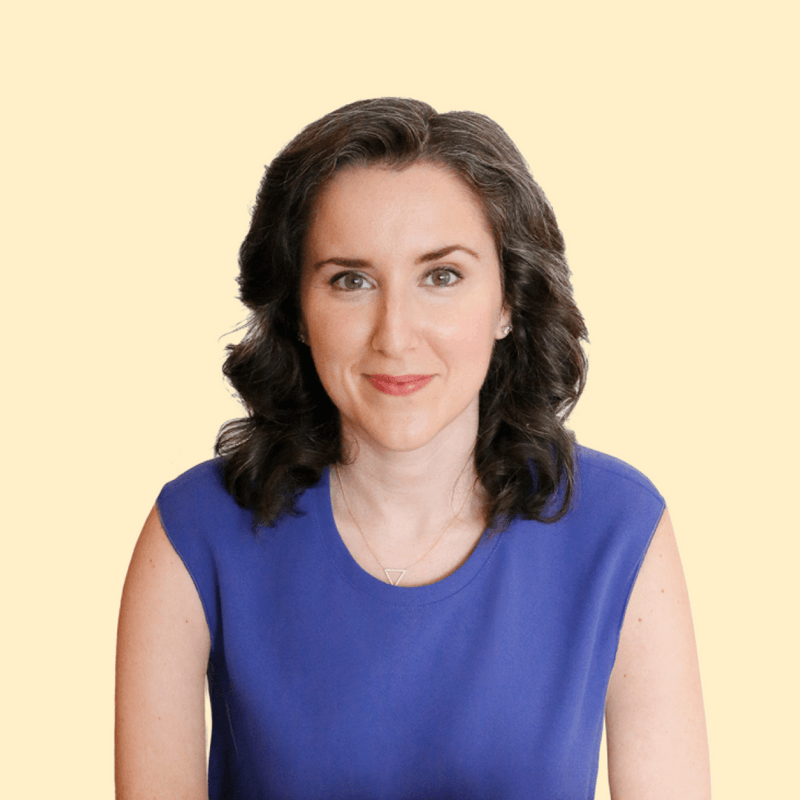Ok, we're not just being cute - we really mean it. Watch your mouth, i.e. your oral and dental health!This awesome article from Women's Health magazine, How Your Menstrual Cycle Affects Your Mouth, reminds us that because of our fluctuating hormones, women are at greater risk for dental problems and can be more or less sensitive at different times of the month. Your female hormones DO affect your oral health.Not only that, but there are studies that link oral bacteria with a greater risk for heart disease, which we all know happens to be the number one killer for women.So, ladies, remember these tips:
- Care for your pearly whites by brushing and flossing daily (see our resource below for holistic oral health!)
- Use your hormonal patterns as a guide for when to schedule your cleanings and when to be extra diligent about your brushing and flossing (see details here)
- Make sure you are using functional foods to keep your hormones stable: Less PMS means less mouth stress!
- Learn how to use foods to improve immune response and reduce inflammation that can be a precursor to heart disease
Don't just take our word for it - educate yourself!We at FLO Living are all about empowering you with the knowledge about your body and hormonal system so that you can best take care of yourself in the short and long term future. Since your oral health is so linked up to your reproductive system, it's essential to be taking care of both. Contact us at [email protected] if you'd like to set up a time to talk with us in more detail!Our favorite expert on the subject of holistic oral health is Nadine Artemis, whose book Successful Self-Dentistry will give you all the info you need to better care for your mouth and maybe even avoid the dentist. Who doesn't love that??Smile! Your body loves you :)





